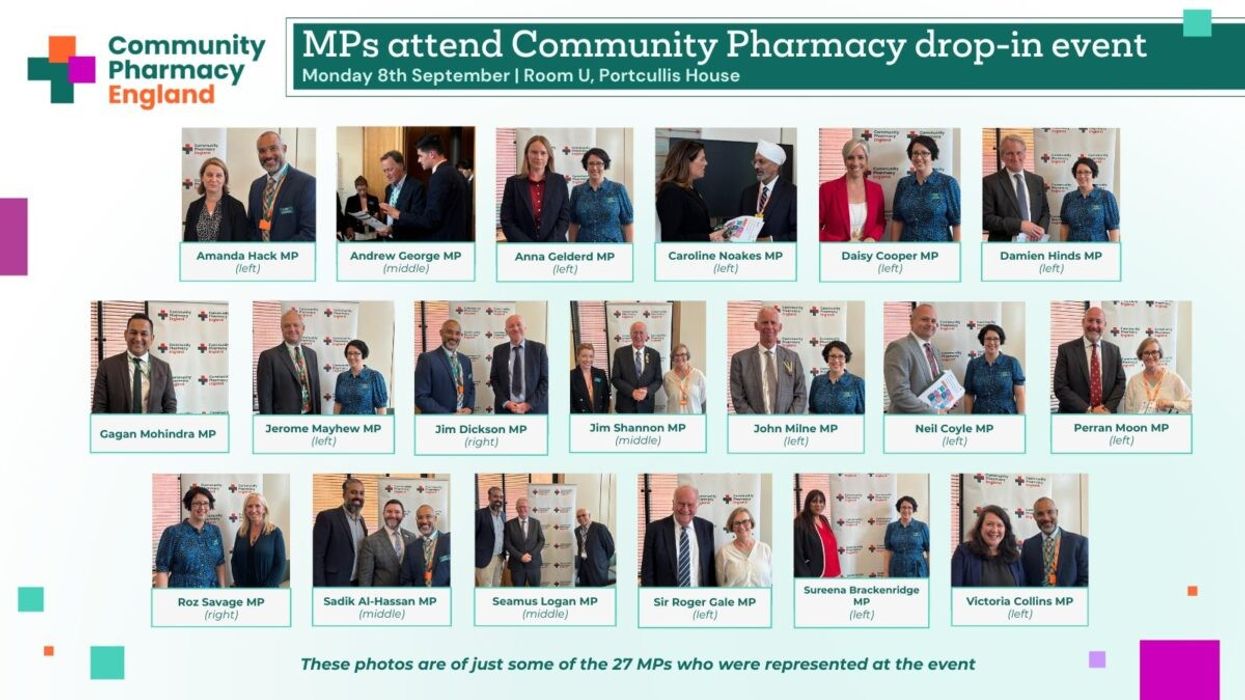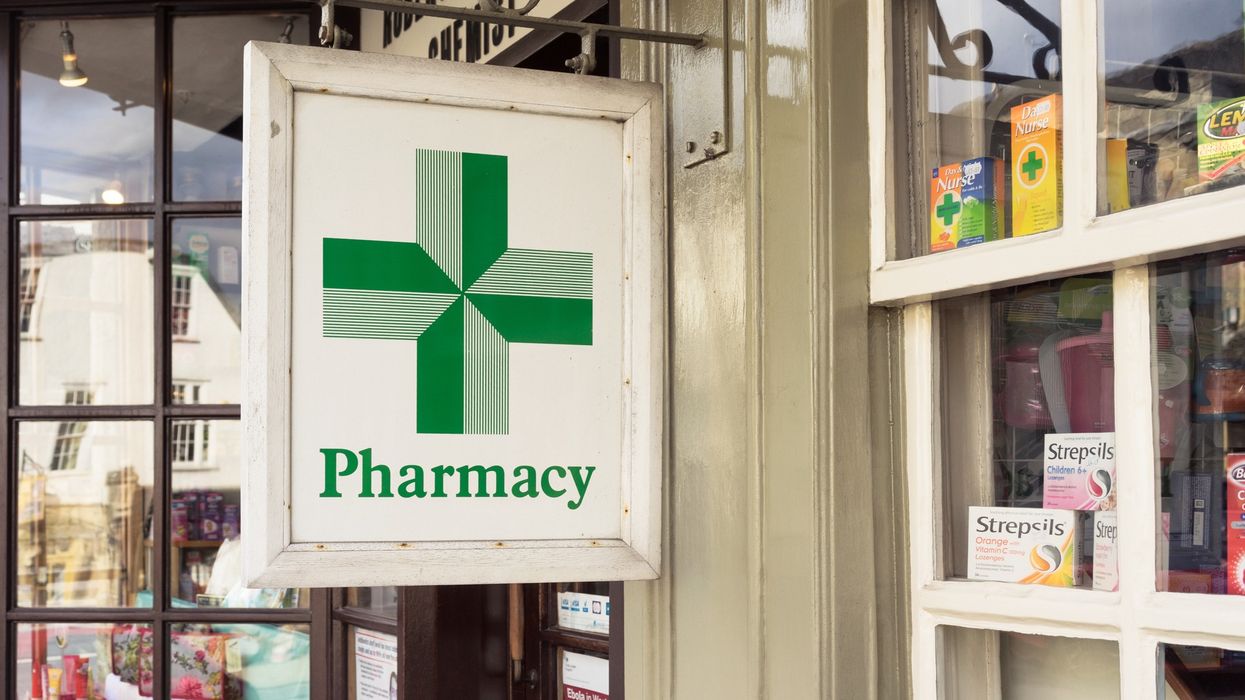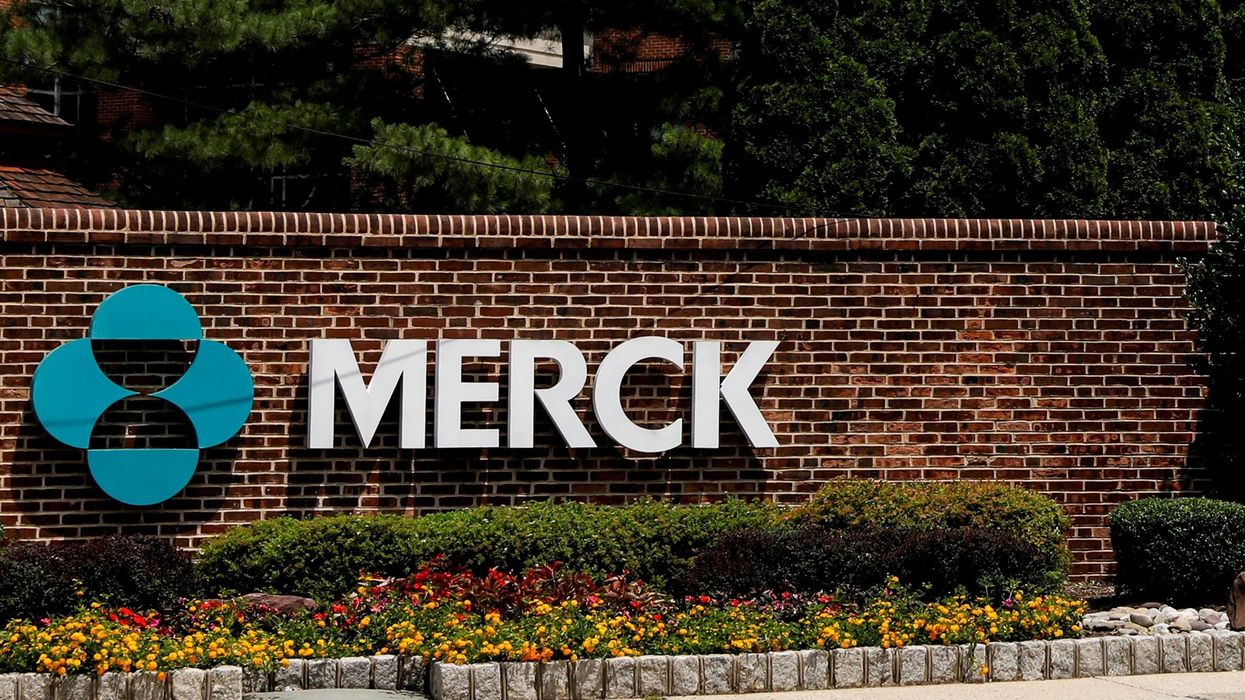The government has launched a consultation into radically changing the Statutory Scheme for branded medicines (known as the Statutory Scheme).
The consultation comes as delicate negotiations for replacing the alternative Voluntary Scheme are underway, potentially undermining these talks, while also further damaging industry confidence in the UK as a viable place to research, launch and supply medicine.
The government proposals seek to hold average revenue clawback rates under the Statutory Scheme at historic highs of between 21-27%, compared to the pre-pandemic averages of 9.4% for the Statutory Scheme (2019-2021), and 6.88% for the Voluntary Scheme (2014-2021). The accompanying cost-benefit analysis ignores any negative impact this may have on medicine supply and wrongly claims it will boost investment.The consultation comes on the heels of government data last week showing UK life sciences foreign direct investment (FDI) fell by 47% between 2021 and 2022, down by £900m year on year. This large fall in investment coincided with a rise in the main UK clawback rate under the Voluntary Scheme from 5% to 15%, and led to the UK falling from 2nd to 9th out of 18 comparator countries for life sciences FDI in 2022. The Voluntary Scheme clawback rate now sits at a record 26.5% in 2023.The government’s proposals also include specific new ultra-high clawback rates for the majority of branded generic and biosimilar medicines, at a time when these companies are already urgently warning that the commercial environment is threatening the security of medicines supply.Richard Torbett, Chief Executive, Association of the British Pharmaceutical Industry (ABPI), said: “The UK already spends less on medicines than all comparable countries and as a result, has consistently worse health outcomes for avoidable and treatable conditions.“These proposals will set back any ambition to make the UK the best place in the world to research, launch and supply medicines. Government data shows that when clawback rates rise – inward investment falls – along with the economic growth and jobs such vital investment delivers.“Ultimately, if we want a vibrant UK life sciences industry, we need all parts of the medicines market to be sustainable. No part of the market should be crushed under the weight of a punitive tax on revenue.”The Statutory Scheme, established in 2018, is one of two schemes, alongside the Voluntary Scheme, that seek to control spend on branded medicines in the UK through the application of clawbacks on sales revenues (not profits). Both have come under intense criticism this year as rates have climbed to historic and internationally uncompetitive record highs.In the past, the government has stated that the two schemes are intended to work together cohesively and in a complementary fashion to create an environment where branded medicines remain affordable while supporting a vibrant life sciences sector and the broader economy.In 2022, around 0.3% of the branded medicines market was subject to the Statutory Scheme with the remaining eligible companies choosing to be part of the Voluntary Scheme.The existing Voluntary Scheme (VPAS) is due to conclude at the end of 2023, with a replacement subject to ongoing negotiations between the government and the industry. If a new Voluntary Scheme is not agreed, all companies will by default come under the Statutory Scheme. Consulting before talks on a new Voluntary Scheme have progressed will be seen by the industry to be highly prejudicial to the outcome of negotiations.Work by WPI Strategy suggests that sustaining such high rebate rate across either scheme for another five years would result in economic scarring to the UK, with a total loss of £50bn to GDP by 2058.The ABPI will now conduct a detailed analysis of all the consultation proposals and publish our findings in due course – building on its submission to the last Statutory Scheme consultation, which closed in January 2023.











